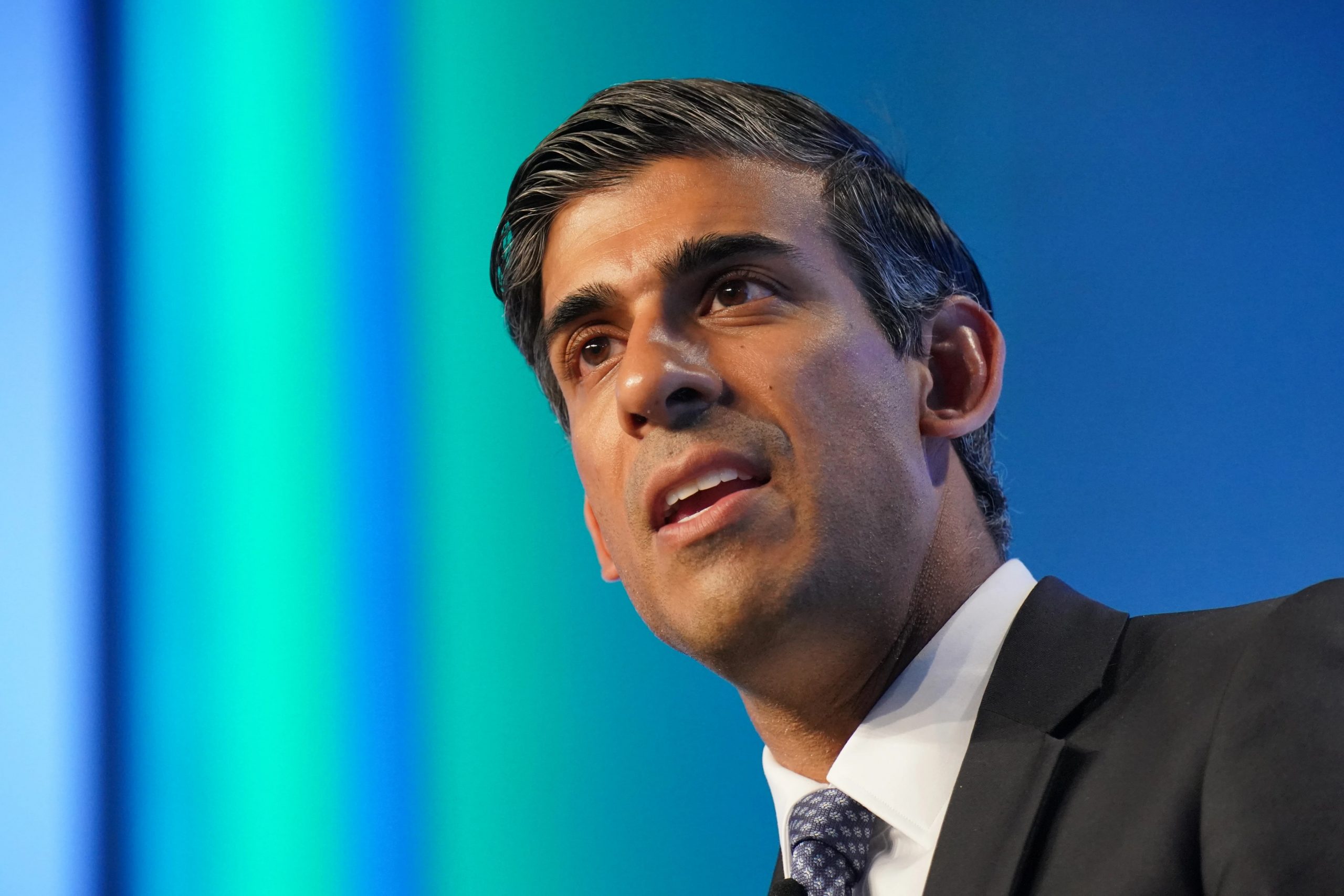Economy
Sunak considers scrapping inheritance tax – reports

According to press reports over the weekend, Rishi Sunak is planning major changes to the inheritance tax (IHT) regime.
The Prime Minister is rumoured to be considering reducing or eventually scrapping IHT, a move which could be a vote-winner in the next General Election.
At the moment, IHT is charged at 40% for estates worth more than £325,000. Families can also benefit from an additional £175,000 allowance towards a main residence if it is passed to children or grandchildren. A married couple can share their allowance, which means parents can pass on £1m to their children without any tax to pay.
The Sunday Times reported that there was a “live discussion” amongst ministers about reform of the levy with the newspaper dubbing IHT the UK’s “most hated tax”.
However, pundits on social media pointed out that only 3.76% of UK deaths result in an IHT charge, with most people not realising they, or their beneficiaries, won’t pay IHT.
Government sources denied that formal plans were being drawn up and pointed to the Chancellor Jeremy Hunt’s insistence that tax cuts were “virtually impossible” given the state of the public finances. However, Grant Shapps, secretary of state for defence, told Sky News that IHT was “punitive and unfair”.
Labour claimed the inheritance tax move would save Sunak’s own family almost £300m, while the vast majority of households will not benefit.
What would replace IHT?
Rachael Griffin, tax and financial planning expert at Quilter, said: “While it is not a huge generator of Treasury revenue, IHT is playing an increasingly significant role in the UK’s economic framework. As the Government navigates the tightrope of public approval and fiscal responsibility, abolishing this revenue source altogether will create a fiscal hole that needs to be filled. The answer might just as unpalatable to people and those calling for IHT to be completely scrapped may need to be careful what they wish for as it opens the door to new kinds of wealth taxes under a future government.
“The Tory’s inherent challenge here is to strike a balance between appeasing the sentiment of enough voters while not over promising IHT reform can be seen as an aspirational offer to voters, but it’s also very easy to frame IHT reform as a giveaway to the wealthy, meaning it represents something of a political gamble. Opting for a sliding scale of IHT based on estate could prevent this perception so that total abolition isn’t simply seen favouring the rich however this might not be enough to appease core Tory voters.
“Increasing the nil rate band to £500,000 and £1m for married couples would be relatively straightforward. It could be accompanied by the removal of the residence nil rate band, as it is complex, and favours married households only. The Government could also look at simply lowering the headline rate of 40%. A 20% rate alongside the removal of many of the available exemptions available would be sensible and help to simplify IHT. The Government should also review and increase gifting allowances to bring them in line with the cost of living in 2023.”